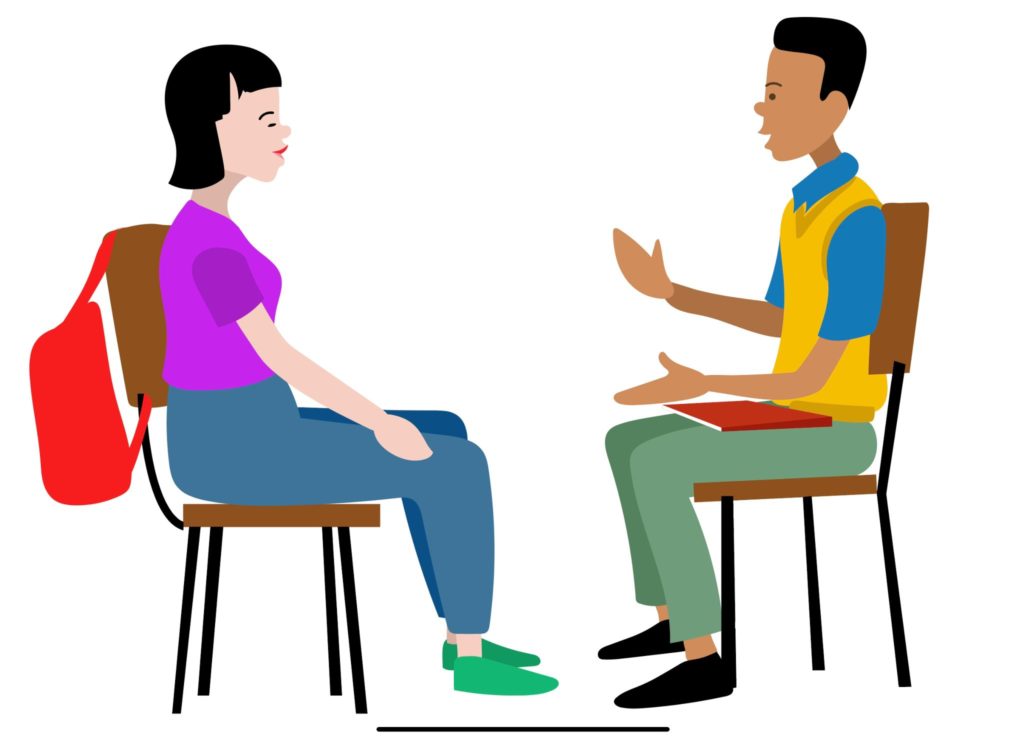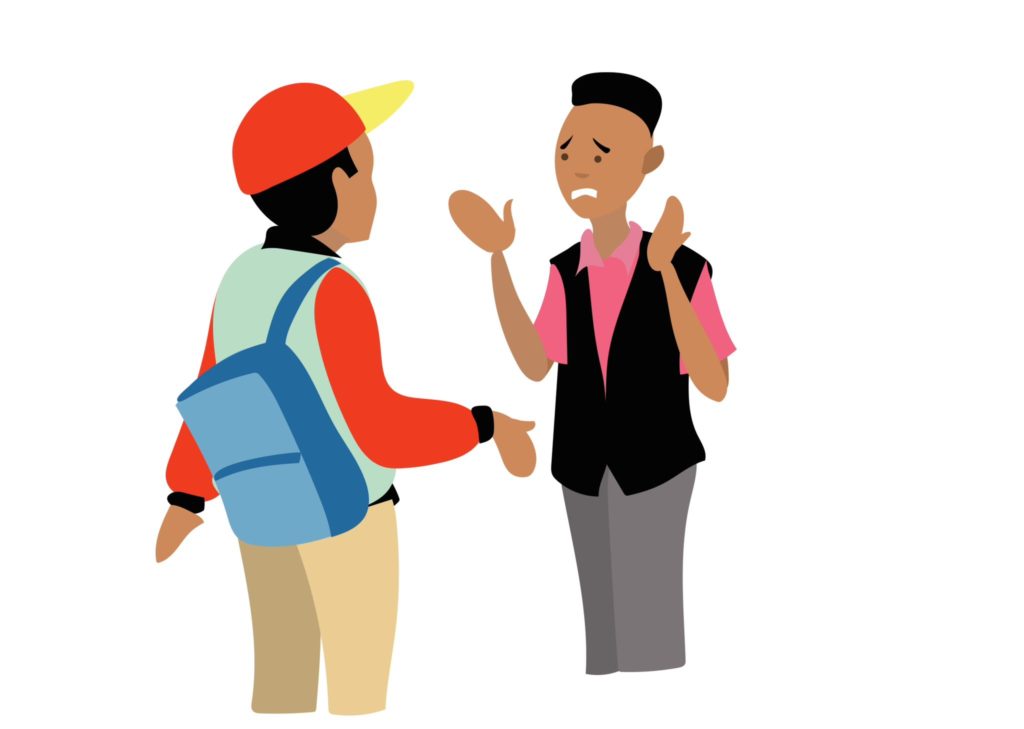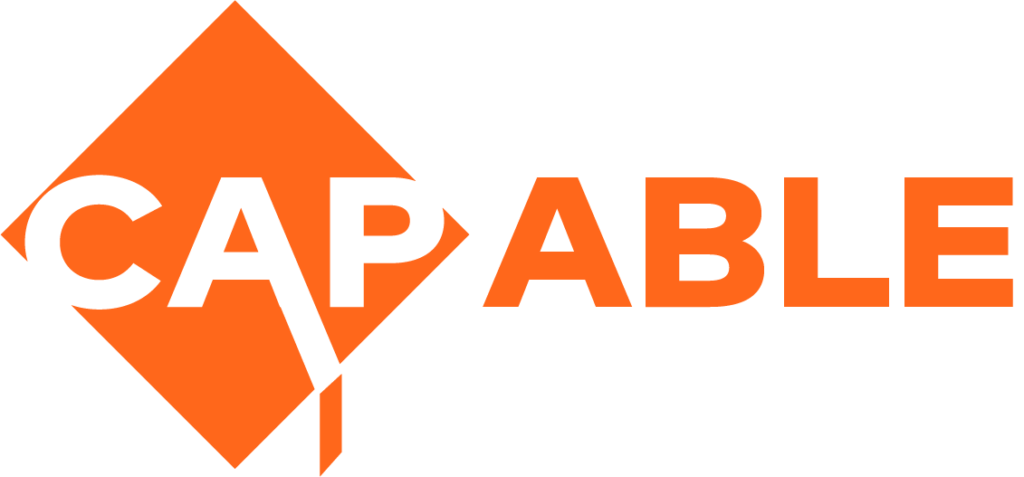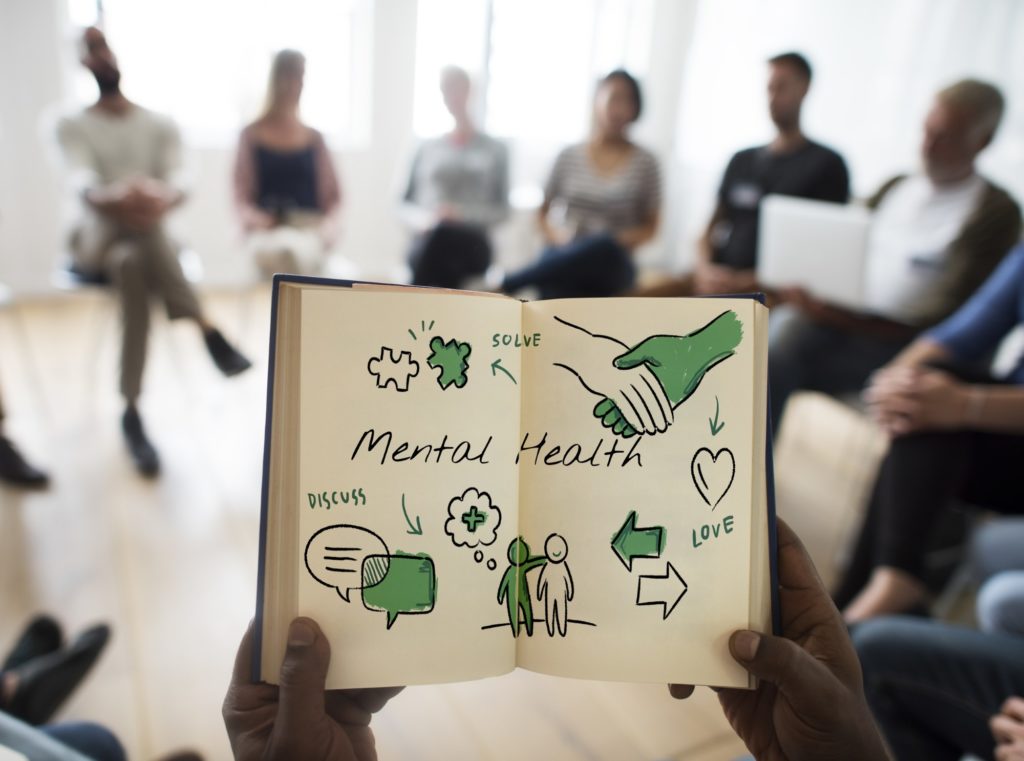What is a psychosocial impairment?
Mental health includes our emotional, psychological, and social well-being. It affects how we think, feel, and act. It also helps determine how we handle stress, relate to others, and make healthy choices. Mental health is important at every stage of life, from childhood and adolescence through adulthood. (CDC)
A Mental Disorder, also known as a psychosocial impairment is characterized by a clinically significant disturbance in an individual’s cognition (ability to think and reason), emotional regulation (ability to manage emotions), or behavior. It is usually associated with distress or impairment in important areas of functioning. (CDC)
A Psychosocial impairment can be considered a disability when it becomes substantially limiting, [which is] if it lasts for more than several months and significantly restricts the performance of one or more major life activities during that time. It is not substantially limiting if it lasts for only a brief time or does not significantly restrict an individual’s ability to perform a major life activity. Whether the impairment is substantially limiting is assessed without regard to mitigating measures such as medication. (U.S. Equal Employment Opportunity Commission/ EEOC)
Examples of psychosocial impairment
While there are countless mental health disorders, they largely fall under these six categories. Each category of mental health disorder comes with different signs and symptoms. The way a specific disorder presents in an individual can vary greatly from person to person.
Categories of mental disorders:
- Anxiety Disorders
- Mood Disorders
- Eating Disorders
- Psychotic Disorders
- Personality Disorders
Mental health in an African context
Mental health is an under-discussed topic in society as a whole, but in an African context especially. A combination between stigma, cultural beliefs, and a lack of resources that center African experiences contribute to the spread of misinformation and stigma on the topic. The reality is, mental health disorders are incredibly common, impacting approximately 1 in 8 people around the world. Many people live their whole lives without receiving a diagnosis and manage their symptoms successfully independently, while others need lifelong support, medication reasonable accommodations.
To build understanding on the lived experience of people with different types of mental health disorders, three videos have been developed so far. These animated short stories take the audience on the journey of a person in a specifically African context navigating their daily lives with psychosocial impairments.
How to refer to a person with a psychosocial impairment
If you must talk about a persons’ mental health try to be as specific as you can or name the specific challenge you are referring to. For example: Person with depression, “Josh has been struggling with his mood and is feeling tired and overwhelmed”.
If you are talking generally about psychosocial impairments, it is ok to say, people with psychosocial impairments, or people with mental health conditions.
Things to avoid when talking about people with psychosocial impairments
Psychosocial impairments are not always visible, and disclosing one’s status as a person with one is an immensely personal decision. Never disclose a person’s mental health status without their explicit consent. Disclosing their psychosocial impairments can result in stigma, which in an educational setting especially can be detrimental to the students progress and success. Avoid using judgemental and derogatory language. Words like crazy or insane can have serious impacts on self-esteem. Avoid language that minimizes the experiences of people with mental health conditions, for example, it is not ok to call a person “overly emotional” or use clinical diagnoses casually to describe a behavior. It is not ok to say that someone is ‘acting bipolar’ or that something is ‘giving them PTSD’. Psychosocial impairments can sometimes affect people’s social interactions as well, so talking about these students as awkward, or weird can also be quite harmful.

General advice on how to communicate with someone who has a psychosocial impairment
No two people with psychosocial impairments are the same. The following list is designed to give ideas that may work for some students in different circumstances. All students will not require all of these tips. Get to know students individually to determine which of these suggestions works best for them.
- Talk to a person with a psychosocial impairment as you would talk to anyone else. psychosocial impairments do not impact intelligence, so never “dumb down” your language when you are talking to them.
- Be kind and welcoming, so that if a student is confused about something they feel comfortable asking for clarification. The more you believe these students can succeed, the more they will feel comfortable asking for support, and the more they will believe in themselves.
- Check-in with students if they seem confused. Some students might not feel comfortable asking for clarifications. You can do this by asking for feedback, and asking questions.
- Ask students what kinds of communication are easier for them. Ask them if emails and text messages are easier for them or if they prefer in-person or oral communication. This can make communications less stressful, and help students to organize the way that they are receiving information when they are struggling.
Use both body language and verbal communication to communicate. Some students have trouble reading social cues, or be anxious if they interpreted a situation incorrectly, so be explicit with what you mean and how you feel. If you are giving feedback either positive or negative, be clear with what you mean and make sure your expressions and verbal communication match. People with psychosocial impairments can interpret things negatively because of their mental health, so being clear is helpful.
Be positive. Make sure students know that you believe they can succeed.
Repeat key messages. E.g. by both writing them down and speaking them. Students with psychosocial impairments often struggle with sleep and memory, so having information given in multiple ways can help.
Most importantly, ask someone themselves how they want to be addressed, and how they want to be supported or treated.

Tips for inclusion in the classroom and course work
Psychosocial impairments are different for every individual. It is important to get to know an individual’s specific learning needs, and understand which supports they may need. Some people might need many of these supports, but others might just need one.
- Work with students to set specific, measurable goals, that are things within their control. A good goal would be, “Josh will participate in class discussions 50% of the time”, or “Anna will use a planner to organize her time”. Goals like “Josh will get a 75 on this assignment” are not helpful. These goals should be steps that lead to successful academic outcomes.
- Support students who need it in getting organized, both with their time and with their physical course materials. Scheduling, and routine can really help some students to succeed. Psychosocial impairments can have an impact on executive functioning, meaning the tasks our brain does to think, act and solve problems, so supporting in organization can be very helpful.
- Use a variety of teaching strategies in the classroom. The more ways information is presented, the better students will grasp the material.
- Students should have the ability to request extra time on exams and tests. Many students with psychosocial impairments struggle with things like sleep, time management, and anxiety, so extra time will support their success.
- Students should have the ability to request to type exams, or use a scribe. This is helpful when students have issues with handwriting, or getting their words out on paper.
- Students should have the ability to apply for extensions on assignments. This can be helpful when students have trouble with organization and time management tied to their mental health. There should be a clear criteria for an extension to ensure that this is given when necessary.
- Students should be able to request a copy of notes from the lecture.
- Students should have the ability to request to be paired with a note-taker for classes, or be able to use a laptop or audio recorder in lectures. This is helpful for auditory learners, and people who struggle with handwriting.
- For some people with psychosocial impairments, the classroom can be overwhelming, frustrating and overstimulating. Designating a quiet space where students can go to calm down can be very helpful. This is important especially for people with some sensory related challenges as well.
- Students with psychosocial impairment should be encouraged to seek mental health support and counseling when needed.
- Mentors should know how to support students in dealing with social challenges, as some students with psychosocial impairment really struggle in social situations.


